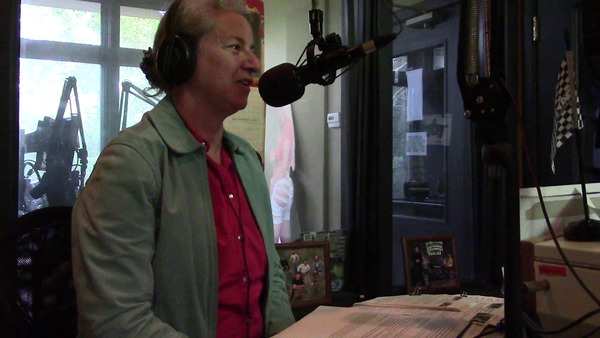Voters in every county in Georgia approved Amendment 1, to
dedicate state fees and taxes to their stated purposes. The
statewide victory was 81.6%.
There is more work to do, to get the legislature to use this new
law to stop taxes from being diverted to the general fund, so for
example counties and cities can get more grants for tire amnesties.
But now the mechanism is available.
That wasn’t the only good referendum news, and there is more
voting for clean water to do.
![[Victory: 82%]](https://www.wwals.net/pictures/2020-11-03--ga-amendment-1-trust-funds/victory.jpg)
Victory: 82%
Special thanks to the Suwannee River Basin cities of Adel, Hahira,
and Valdosta, Atkinson, Lanier, and Lowndes Counties, for
passing resolutions in support.
See also
previous blog post.
The other good clean water news is that Amendment 2
passed with 74.5% Yes, also passing in every county. That’s
HR 1023: people may petition for declaratory relief from
certain acts of this state or certain local governments or officers
or employees.
Dave Williams, Capitol Beat News Service, 4 November 2020,
Georgia voters pass three ballot questions by wide margins,
The sovereign immunity amendment stems from a 2014 Georgia
Supreme Court decision that essentially granted the state blanket
immunity from citizen lawsuits in a case brought by the Center for
a Sustainable Coast. The group had filed suit alleging the state
Department of Natural Resources was illegally allowing alterations
to private property in fragile coastal wetland areas protected by
state law.
So that’s two victories for clean water by the people of the
state of Georgia.
As everyone probably knows, there are Georgia runoff elections
on January
5, 2021, with the usual early voting and absentee ballots.
Both Georgia
U.S. Senate seats are in the runoff.
A Public Service Commission runoff that was scheduled earlier
will also be on January 5, 2021. WWALS has long advocated for
GA-PSC to make responsible decisions on power plants and pipelines
that affect all our waters, from water levels to coal ash to
mercury.
Once again, we urge you to vote for clean water.
As an IRS 501(c)(3) nonprofit educational charity, WWALS cannot Continue reading →

![[Wildflowers of the Suwannee River Basin in Florida, a WWALS Webinar by Emily Bell, Thursday, June 26, 2025]](https://www.wwals.net/pictures/2025-06-26--webinar-emily-bell-wildflowers-pictures/fbmany.jpg)
![[Some books]](https://www.wwals.net/pictures/2022-01-31--basin-bookstore/2022-01-31--books.jpg)
![[Cover and inside]](https://www.wwals.net/pictures/2022-06-30--welander-book/many.jpg)

![[Victory: 82%]](https://www.wwals.net/pictures/2020-11-03--ga-amendment-1-trust-funds/victory.jpg)
![[Six cities and counties for Amendment 1]](https://www.wwals.net/pictures/2020-11-03--ga-amendment-1-trust-funds/many.jpg)
![[Little, New, Withlacoochee, Summary, Alapaha River]](https://www.wwals.net/pictures/2020-09-30--sewage-spills-suwannee-river-basin/many.jpg)
![[Satellite Map]](https://www.wwals.net/pictures/2019-04-21--wwals-suw-basin-landings/basin-ga-sat.jpg)
![[Suwannee RiverKeeper Quarterman is Guest at OSFR Board Meeting]](https://www.wwals.net/pictures/2019-08-08--suwrk-osfr-board/Quartermanboardaug.jpg)
